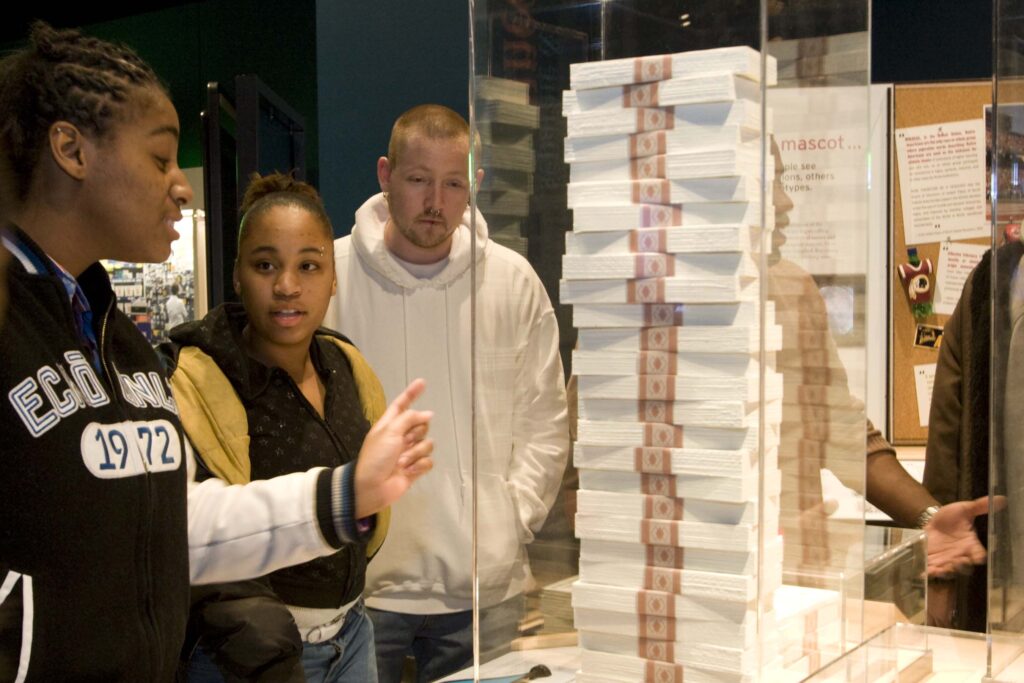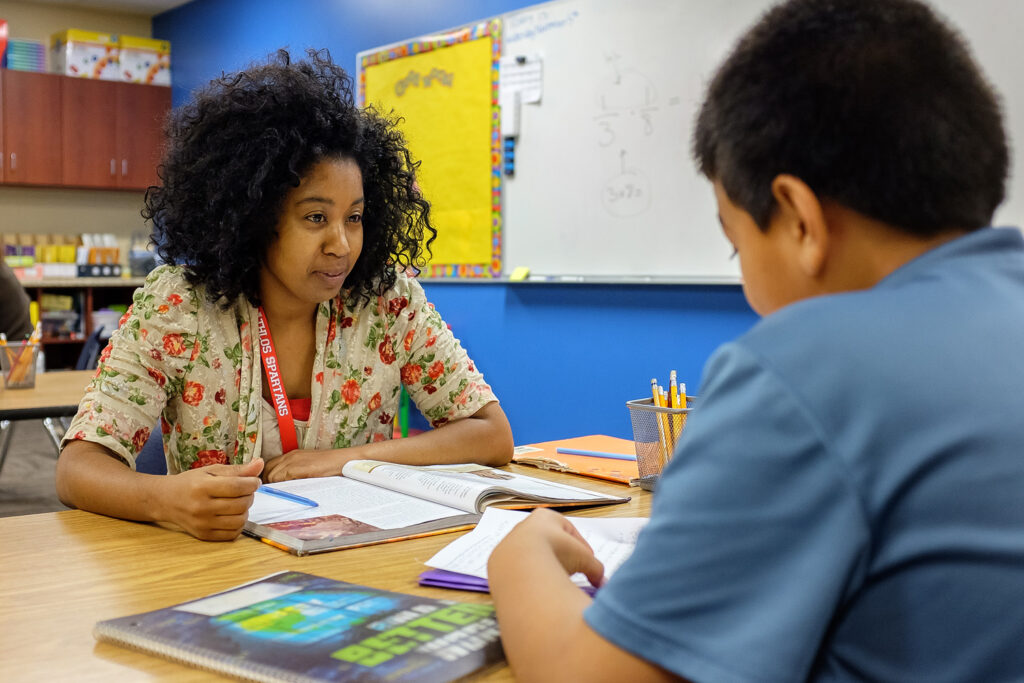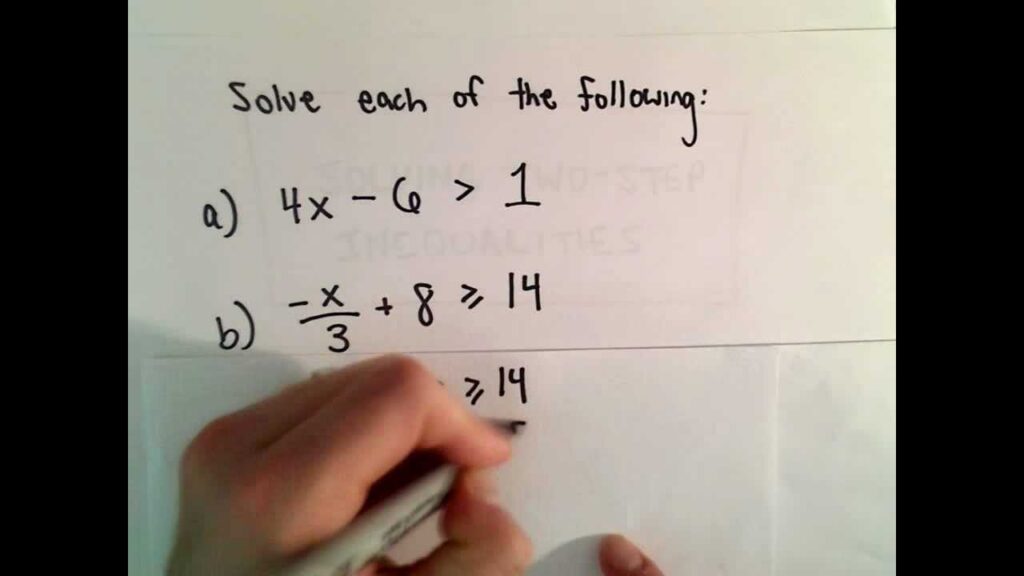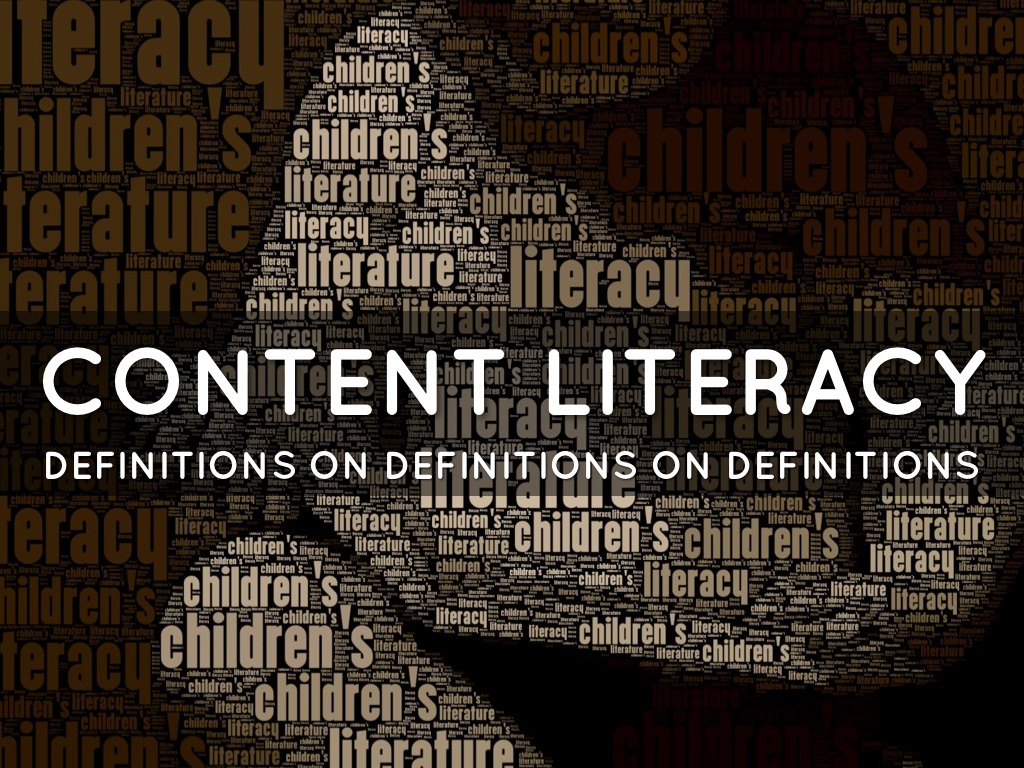
Equity and Inclusivity in EducationIntegrating Literacy in MathITL520 Academic Language & LiteracyMath Education InnovationsNational University
Equity Literacy
“Equity is not merely about giving...

Assessment StrategiesCourseworkInclusive Teaching PracticesITL520 Academic Language & LiteracyMathematics EducationNational University
Innovative Assessment Practices in High School Algebra
“If an assessment asks students to...

CourseworkEducational StrategiesITL520 Academic Language & LiteracyMathematics EducationNational UniversityStudent Challenges
Learning Map Stage 1: Multi-Step Inequalities
Designing instructional experiences for students that...

CourseworkEducational StrategiesInclusive TeachingITL520 Academic Language & LiteracyLiteracy IntegrationNational University
Content Literacy
For our Week 1 DIscussion, we...

Course DescriptionsEducationITL520 Academic Language & LiteracyLiteracy InstructionNational UniversityTeaching Strategies
ITL520 Academic Language & Literacy
Using research-based methods aligned with CA-CCSS...

Catalyzing Classroom Innovation: Strategies and Resources for Enhanced STEM Teaching
In the ever-evolving landscape of education,...
